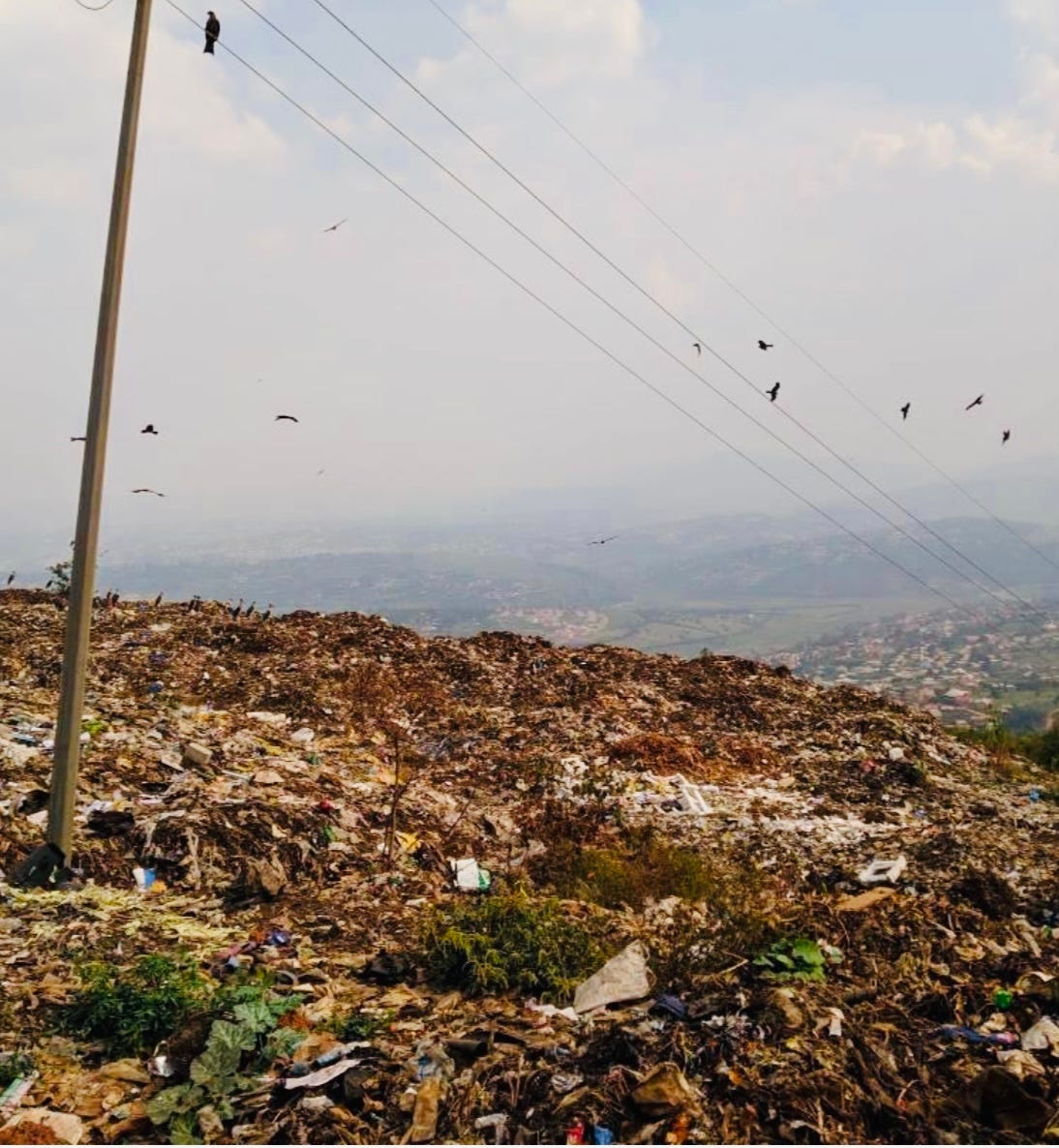By David Himbara
General Paul Kagame markets Rwanda as one of the cleanest places on planet earth. He banned the use of single-use plastic bags. Kagame didn’t stop with the ban of single-use plastic grocery bags. He also banned plastic packaging materials. Anyone violating the ban of these materials faces hefty fines and even jail time. The UN Habitat declared Rwanda’s capital city of Kigali as one of Africa’s cleanest. This is a case of judging a book by its cover. Kigali is an environmental accident waiting to happen. Kigali is essentially a city of pit latrines. One million out of 1.2 million Kigalians use pit latrines, 54% of which are shared by several households. The untreated solid and liquid waste from the latrines and septic tanks are disposed of in just one landfill that is turning into a lake of faecal sludge.


In the 2020 Report recently released, the Auditor General revisits the same old story of solid and liquid waste that are putting Kigali’s 1.2 million inhabitants at health risk. According to the Auditor General, Kigali’s solid waste disposed of at the city only landfill at Nduba is merely covered with soil. Similarly, the liquid waste disposed of at Nduba is left in the open and forming into small lakes. None of these findings are a discovery. A 2017 study on Kigali Urban Sanitation commissioned by the World Bank, conducted by Oxford Policy Management (OPM) in partnership with the Centre for Economic and Social Studies (CESS) indicated the following harsh realities:
- There is no central sewer network in Kigali.
- One million out of 1.2 million people that live in Kigali use pit latrines. This amounts to over 100,000 pit latrines in total.
- About 54% of the 1 million people using pit latrines share their latrines with other households.
- Only around 90,000 people in Kigali are using septic tanks.
- Only 12% of households use toilets that flush to septic tanks and therefore generating more liquid sludge.
- Over 60% of the people in Kigali live in unplanned settlements located in hilly areas with narrow pathways and limited access by roads – this means that exhauster trucks used for extracting faecal sludge cannot access the majority of Kigali’s households.
- Only 6% of Kigali households reported that their pit or septic tank had been emptied in the past 5 years.
- 63% of Kigali’s households did not recall their toilet ever filling up.
How will this end? What is Kagame and his government thinking? Wonders never cease.






























































